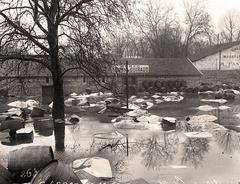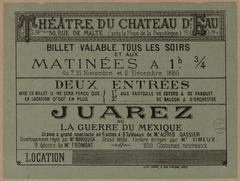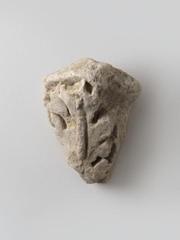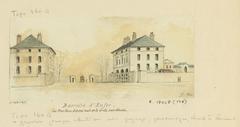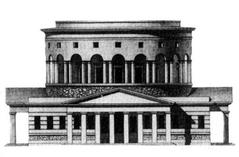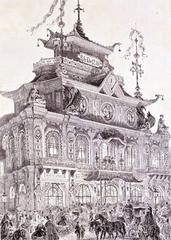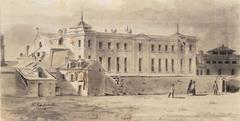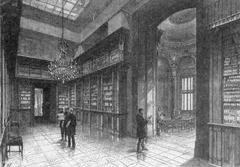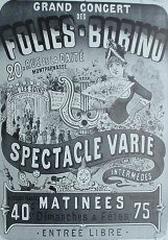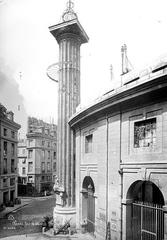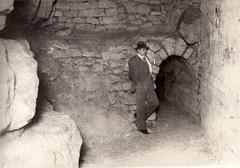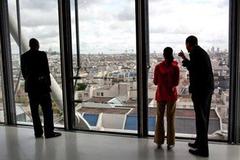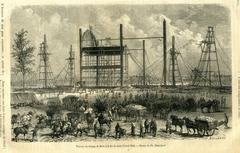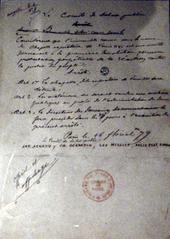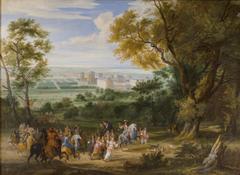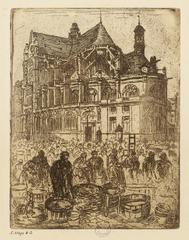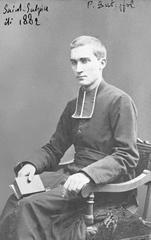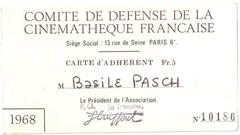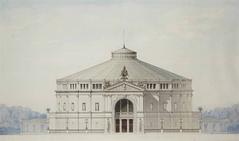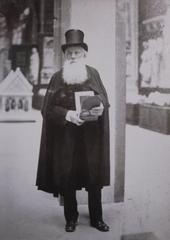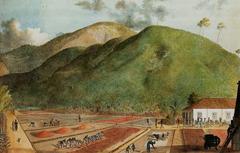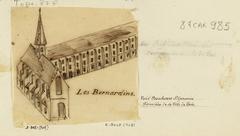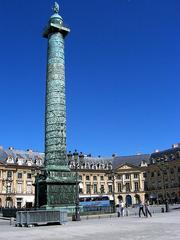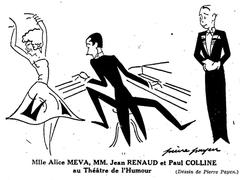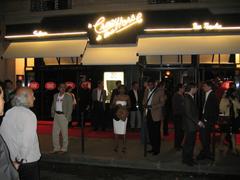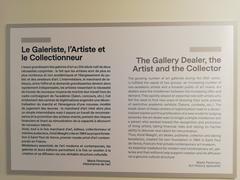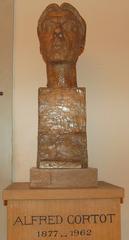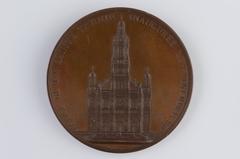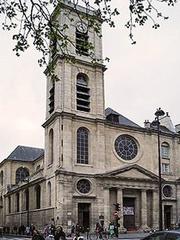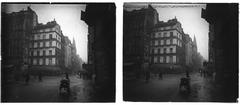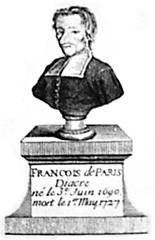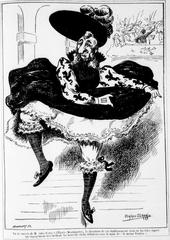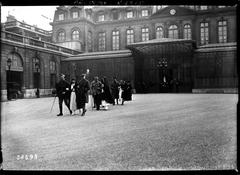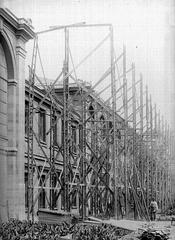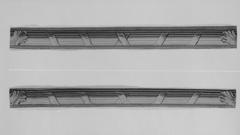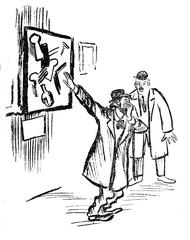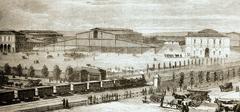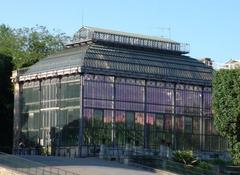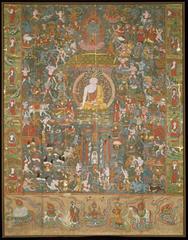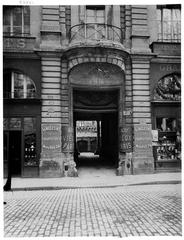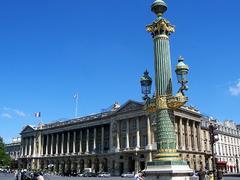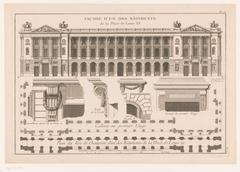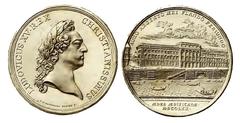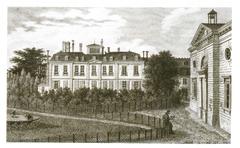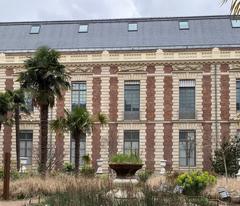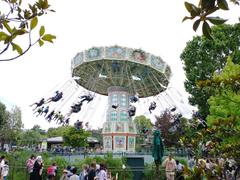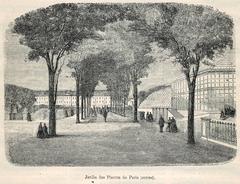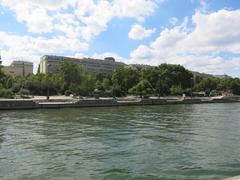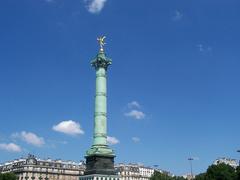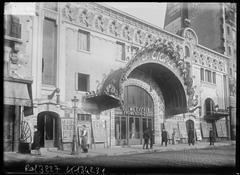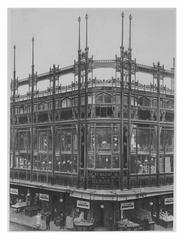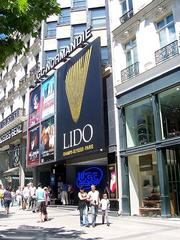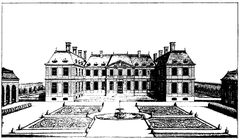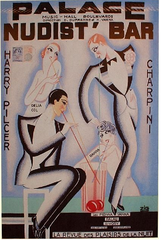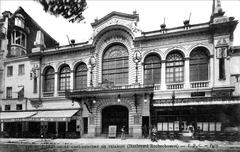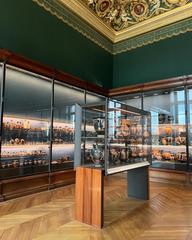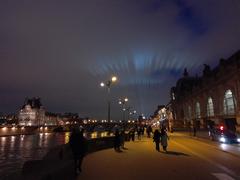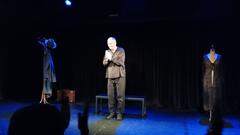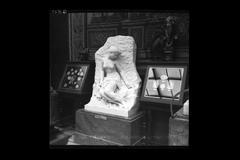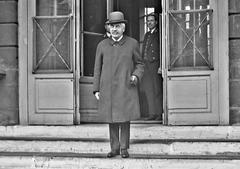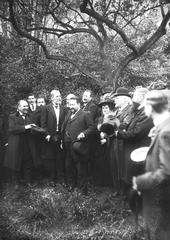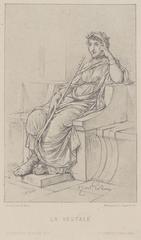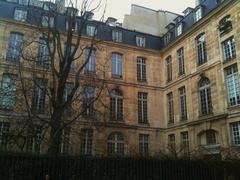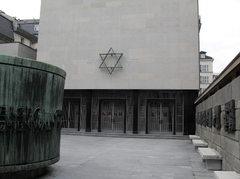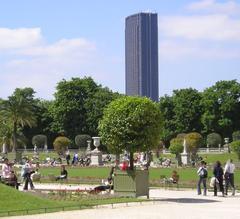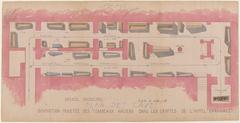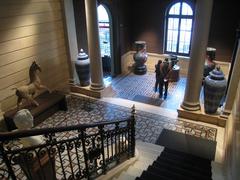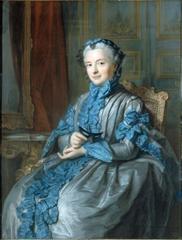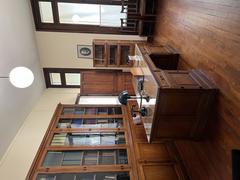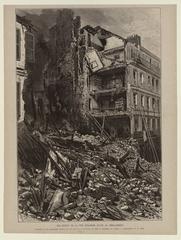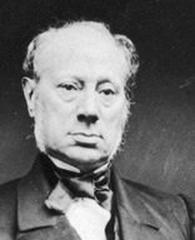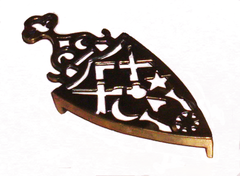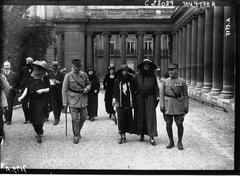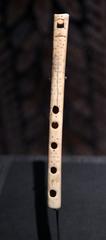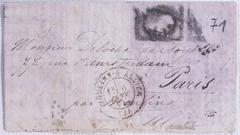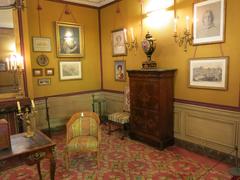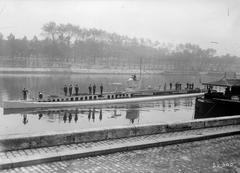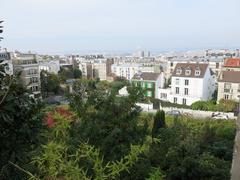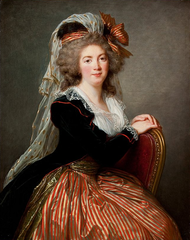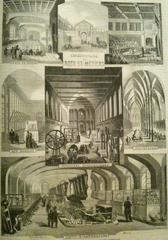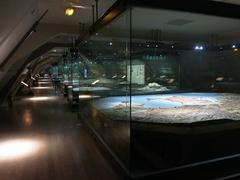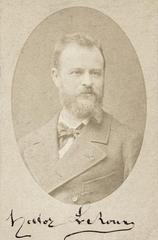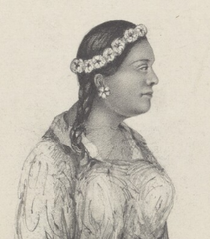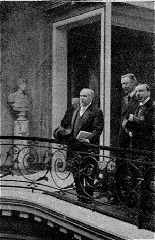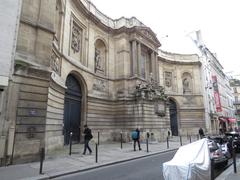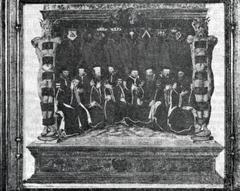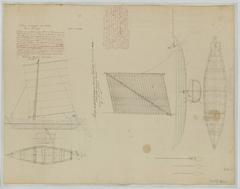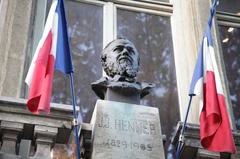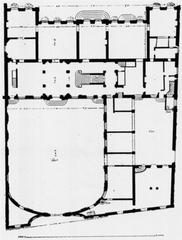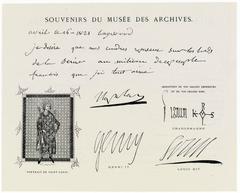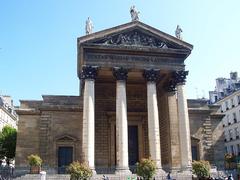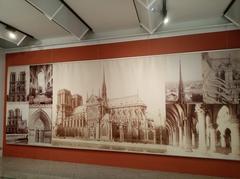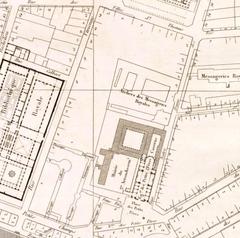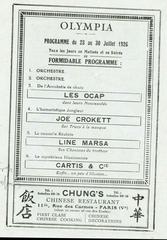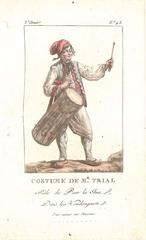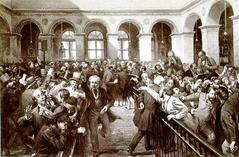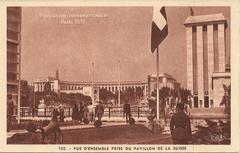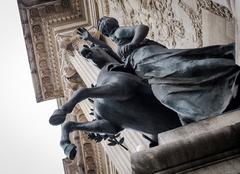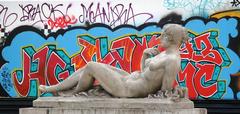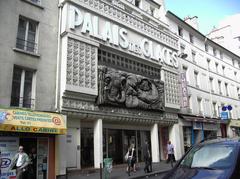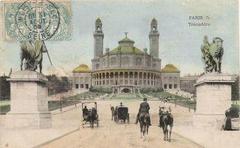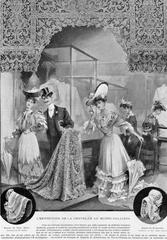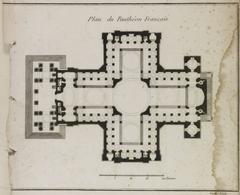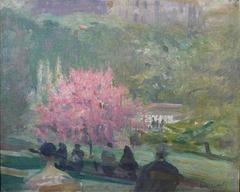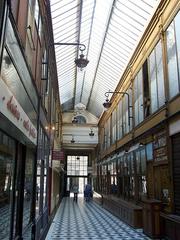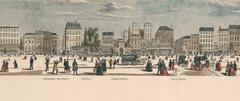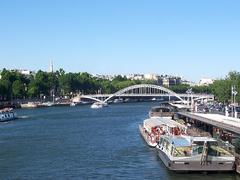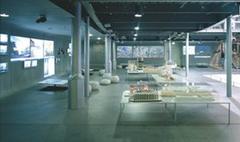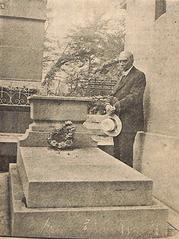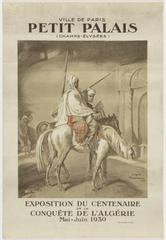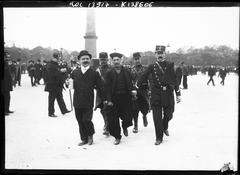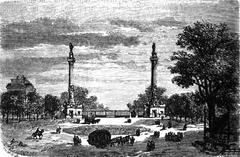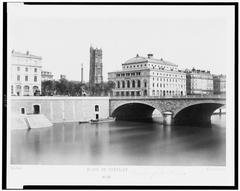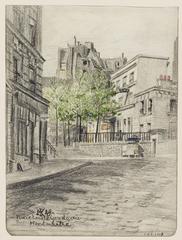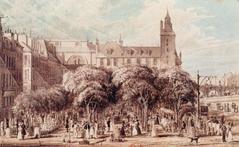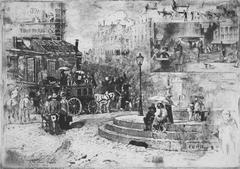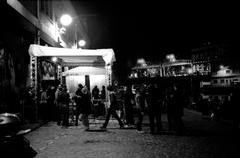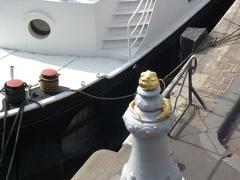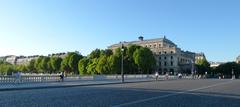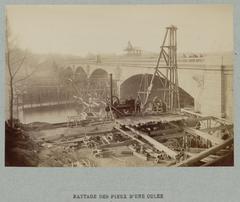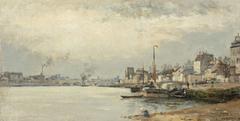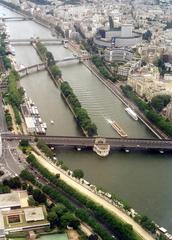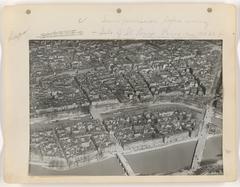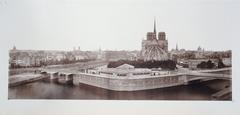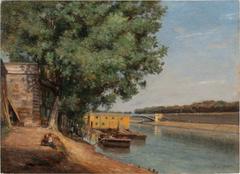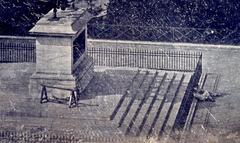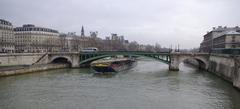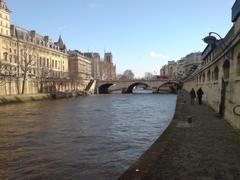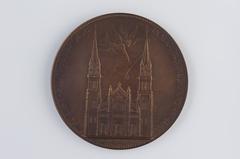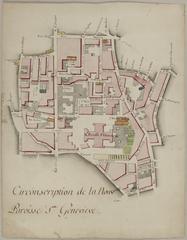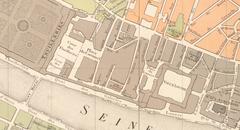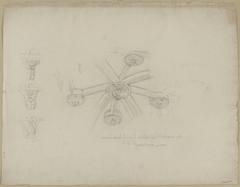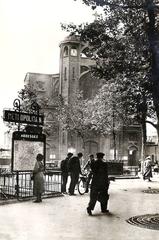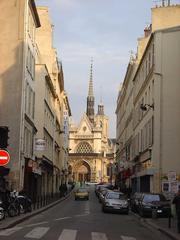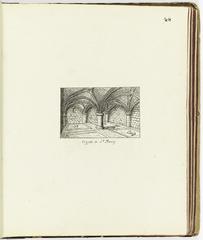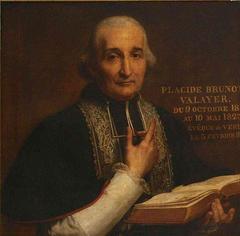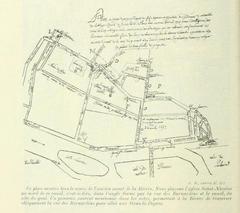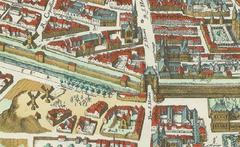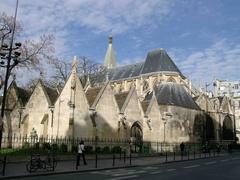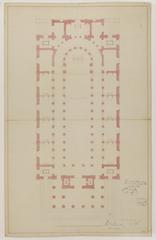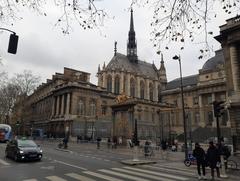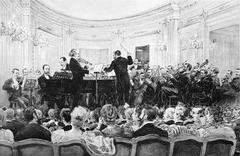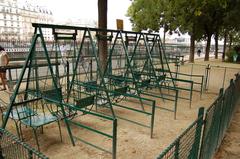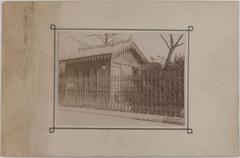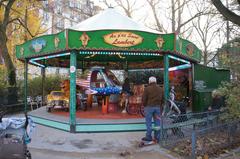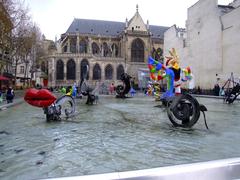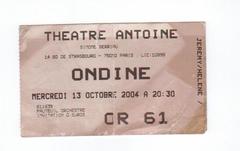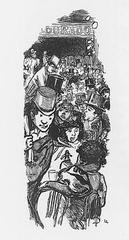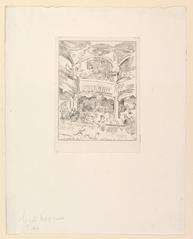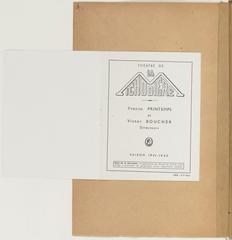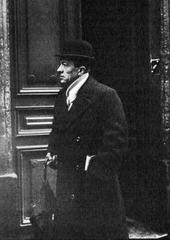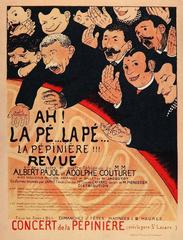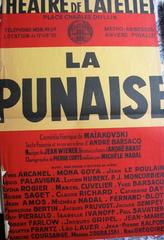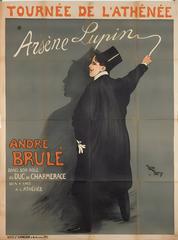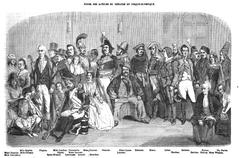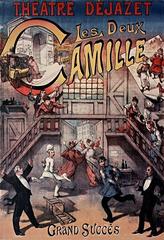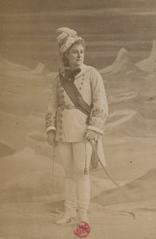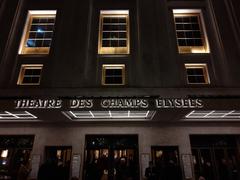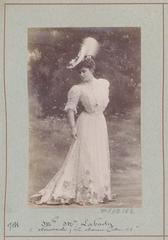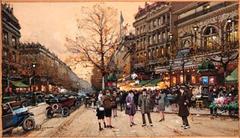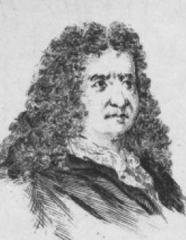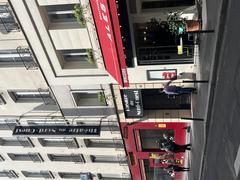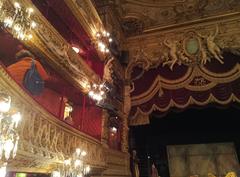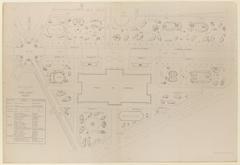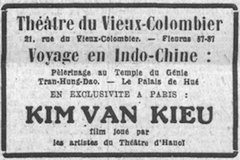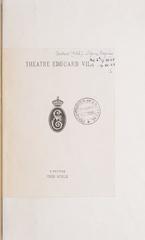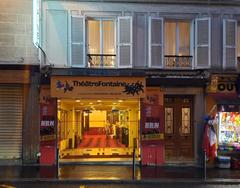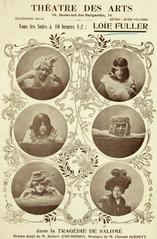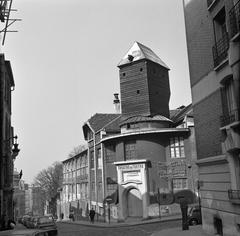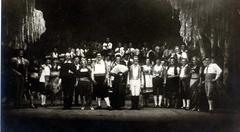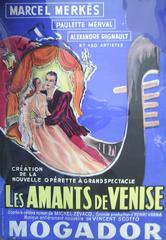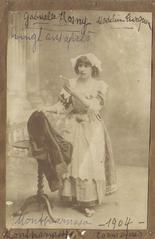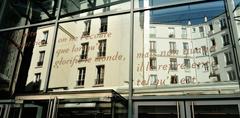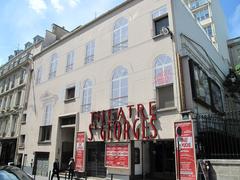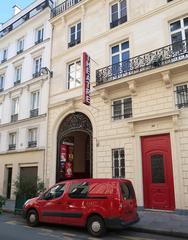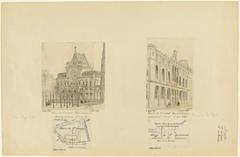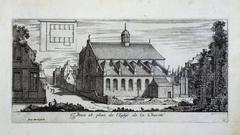
Lycée Louis-Le-Grand Visiting Hours, Tickets, and Historical Significance in Paris
Date: 03/07/2025
Introduction
Nestled in Paris’s historic Latin Quarter, Lycée Louis-le-Grand is not just an academic powerhouse but a living testament to centuries of French educational, cultural, and architectural heritage. Founded in 1563 by the Jesuits as the Collège de Clermont, the institution has evolved into a symbol of intellectual excellence, nurturing luminaries such as Voltaire, Victor Hugo, multiple Nobel laureates, and presidents of the French Republic. Its preserved 17th-century facades, elegant courtyards, and storied chapel reflect the enduring legacy and Jesuit origins of this renowned lycée.
While Lycée Louis-le-Grand is primarily an active educational institution, it periodically opens its doors to the public during events like the European Heritage Days and annual open house days. These occasions offer rare opportunities to explore its architectural wonders, learn about its historical significance, and understand its role in shaping French intellectual life. This guide provides essential information on visiting hours, ticketing, accessibility, and tips for maximizing your experience, while delving into the rich history and contemporary relevance of this iconic Parisian landmark (Discover Lycée Louis-le-Grand, Wikipedia: Lycée Louis-le-Grand).
Contents
- Discover Lycée Louis-le-Grand: Why Visit?
- Visiting Information: Hours, Tickets, and Tours
- Historical Overview
- Academic Prestige and Cultural Impact
- Campus and Architecture Highlights
- Tips for Visitors
- Frequently Asked Questions (FAQ)
- Practical Visitor Information
- Conclusion and Visitor Summary
- Official Sources
Discover Lycée Louis-le-Grand: Why Visit?
Lycée Louis-le-Grand stands as a beacon of French educational excellence and a site of profound cultural significance in Paris. Whether you are a history enthusiast, admirer of architecture, or a traveler seeking to explore the academic heart of Paris, the lycée offers a compelling glimpse into centuries of intellectual tradition and societal evolution. Its vibrant location near the Sorbonne and Panthéon makes it an essential stop in any exploration of the Latin Quarter.
Visiting Information: Hours, Tickets, and Tours
Visiting Hours
As an active school, Lycée Louis-le-Grand is generally closed to the public. However, it welcomes visitors during special events such as European Heritage Days (Journées du Patrimoine) in September and annual open house days. These events offer guided tours and presentations. For up-to-date visiting schedules, check the official website or contact the school administration in advance (Lycée Louis-le-Grand Official Site).
Tickets and Entry
Admission during public events is typically free, though some special exhibitions or program-specific open days may require advance registration. There are no regular ticket sales, as access outside these events is restricted.
Guided Tours
Expert-led guided tours are available during open days, offering rich insights into the school’s history, architecture, and academic achievements. Tours are primarily in French; inquire in advance for English-language options. Booking ahead is recommended as capacity is limited.
Accessibility
The campus strives to accommodate visitors with reduced mobility, but due to the age of the buildings, some areas may have limited access. Contact the administration in advance for specific accessibility arrangements.
Location and Transport
- Address: 123-125, rue Saint-Jacques, 75005 Paris, France
- Metro/RER Stations: Cluny-La Sorbonne (Line 10), Luxembourg (RER B), Maubert-Mutualité (Line 10)
- The area is pedestrian-friendly and well-connected by public transport. No public parking is available on-site.
Nearby Attractions
Combine your visit with nearby cultural sites such as the Sorbonne, Collège de France, Panthéon, and Luxembourg Gardens, all within easy walking distance.
Historical Overview
Origins and Jesuit Era (1563–1682)
Founded in 1563 as the Collège de Clermont by the Jesuits, the school quickly became known for its free, high-quality education—a challenge to the University of Paris. Its emphasis on classical studies and Christian values attracted students from across Europe. By the late 17th century, enrollment had reached 3,000, with many boarders and international students.
Royal Patronage and Name Change (1682–1762)
In 1682, King Louis XIV bestowed royal patronage and renamed the college in his honor, greatly enhancing its prestige. The institution absorbed neighboring colleges and was adorned with royal symbols. The expulsion of the Jesuits in 1762 led to nationalization, and the college became the chief institution of the University of Paris.
Revolutionary Transformations & Napoleonic Era (1762–1873)
The lycée underwent several name changes during times of political upheaval, from Collège de l’Égalité to Lycée Impérial under Napoleon. It also briefly hosted the École Normale Supérieure, cementing its reputation as a training ground for France’s intellectual elite. The current name was restored in 1873.
Modernization and Heritage (19th–20th Centuries)
A major reconstruction from 1885–1893, led by Charles Le Cœur, modernized the campus while preserving its historic towers and facades. Further renovations in the 20th century added facilities like the Salle des Fêtes and improved infrastructure, ensuring a balance between heritage and modern educational needs.
Academic Prestige and Cultural Impact
Lycée Louis-le-Grand is consistently ranked among France’s top secondary schools, excelling in classes préparatoires aux grandes écoles (CPGE) (Le Figaro Étudiant). It prepares around 1,800 students annually for France’s most competitive universities, with a significant number excelling in scientific, literary, and commercial tracks (Parcoursup).
The school’s alumni include Nobel laureates, Fields Medalists, writers like Voltaire and Victor Hugo, and several French presidents (Wikipedia: Education in Paris). Its rigorous, merit-based curriculum and focus on classical languages, philosophy, and debate have shaped French educational and cultural traditions.
The lycée is also committed to social mobility, drawing students from diverse backgrounds. Its boarding facility supports non-Parisians, and the Affelnet platform ensures transparent admissions (Le Figaro Étudiant).
Campus and Architecture Highlights
Main Entrance and Street Facades
Approached via a grand stone portal on rue Saint-Jacques, the campus features sculpted pediments and inscriptions reflecting its Jesuit and royal past. The corner of rue Cujas highlights the blend of historic and modern architectural elements.
Cour d’Honneur and Courtyards
The Cour d’Honneur, framed by 17th-century facades, is a central gathering space showcasing a historic sundial—a nod to the school’s scientific legacy. Other tranquil courtyards each have their own distinctive character.
The Chapel
The 17th-century chapel, with its serene classical design, remains a site for ceremonies and reflection, echoing the lycée’s Jesuit origins.
Academic Buildings and Facilities
The interconnected buildings blend classical exteriors with modernized interiors, housing a renowned library, auditoriums, science laboratories, and spaces for cultural events.
Heritage Protection
Key facades are classified as historical monuments, ensuring their preservation for future generations (Paris1900 – Lycée Louis-Le-Grand History).
Tips for Visitors
- Timing: Plan your visit around open days or European Heritage Days for interior access.
- Advance Registration: Required for some events and tours; check the official website.
- Language: Most tours are in French; inquire about English options if needed.
- Accessibility: Some areas are less accessible; contact for special arrangements.
- Nearby Dining: Enjoy the Latin Quarter’s cafés and eateries post-visit.
- Photography: Permitted during public events; respect any posted restrictions.
Frequently Asked Questions (FAQ)
Q: When is Lycée Louis-le-Grand open to the public?
A: Only during special events such as open house days and European Heritage Days. Check the official website for current schedules.
Q: Are tickets required?
A: Admission is free during public events, though advance registration may be needed.
Q: Are guided tours available?
A: Yes, usually during open days; booking in advance is recommended.
Q: Is the school accessible for those with mobility concerns?
A: Some areas are accessible; contact the school in advance for assistance.
Q: What attractions are nearby?
A: The Panthéon, Sorbonne, Collège de France, and Luxembourg Gardens are all within easy reach.
Practical Visitor Information
- Address: 123-125, rue Saint-Jacques, 75005 Paris
- Nearest Metro/RER: Cluny-La Sorbonne (Line 10), Luxembourg (RER B), Maubert-Mutualité (Line 10)
- Access: Limited to students and staff except during special events
- Website: Lycée Louis-le-Grand Official Site
- European Heritage Days Info: journeesdupatrimoine.culture.gouv.fr
Conclusion and Visitor Summary
Lycée Louis-le-Grand embodies Paris’s longstanding tradition of academic excellence and intellectual vibrancy. Its storied past, illustrious alumni, and architectural grandeur make it a unique destination for visitors eager to engage with the city’s scholarly legacy. While access is limited to specific public events, those who plan accordingly are rewarded with an enriching journey through France’s educational history. For the latest information, always consult the official site and consider using cultural guide apps for an enhanced experience.
By visiting Lycée Louis-le-Grand, you engage with an institution at the heart of France’s cultural and intellectual evolution—a true Parisian treasure where the past meets the present (Lycée Louis-le-Grand Official Site, European Heritage Days).
Sources and Official Links
- Discover Lycée Louis-le-Grand: A Must-See Historical Site in Paris, 2025, Private Research Data
- Lycée Louis-le-Grand Visiting Hours, Tickets, and Cultural Significance in Paris, 2025, Private Research Data
- Architectural and Campus Features, 2025, Private Research Data
- Lycée Louis-le-Grand Visiting Hours, Tickets, and Guide to Paris’s Historic Educational Landmark, 2025, Private Research Data
- European Heritage Days Information, 2025
- ThreeBestRated
- Le Figaro Étudiant
- Parcoursup
- Wikipedia: Education in Paris
- L’Etudiant
- Paris1900 – Lycée Louis-Le-Grand History
- Routard – Guide to Lycée Louis-Le-Grand
- Louis-le-Grand – European Section Program
- louis-le-grand.net – Access






